In today’s fast-paced world, the importance of mastering life skills cannot be overstated, especially for students. Life skills go beyond academic knowledge, helping you navigate the challenges of life, build meaningful relationships, and create a fulfilling future. Whether you’re in school or college, developing these skills will set you on a path to personal, professional, and financial success.
Importance of Life Skills for Students
Life skills are the foundation upon which you build a successful life. They help you manage stress, make informed decisions, and communicate effectively. As students, these skills are crucial in helping you adapt to changes, face challenges with confidence, and take charge of your future. By developing these skills early, you prepare yourself not just for academic success, but for a fulfilling life that you can be proud of.
Top 15 Life Skills for Students to Succeed
By mastering these essential life skills, you can more like succeed and shape your future beautifully.
1. Communication

Effective communication is the cornerstone of all successful relationships, whether personal or professional. Being able to express your thoughts clearly and listen actively helps you connect with others, resolve conflicts, and build trust. Students who master this skill are better equipped to collaborate with peers, engage with teachers, and network with professionals.
Pro Tip: Practice active listening by summarizing what the other person says before responding. This helps you understand better and respond more effectively.
2. Critical Thinking
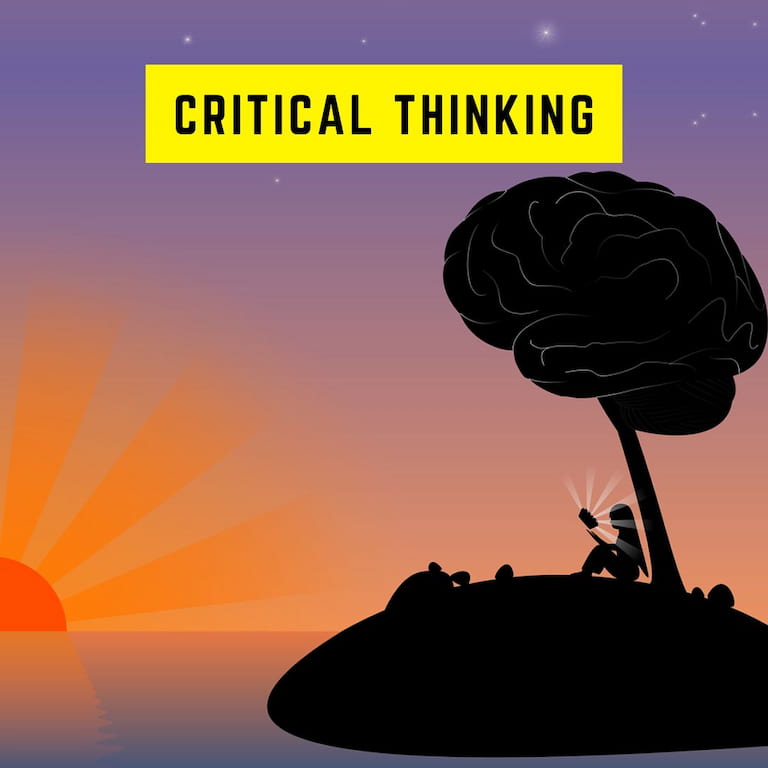
Critical thinking enables you to analyze information, identify biases, and make sound decisions. It involves questioning assumptions, evaluating evidence, and considering different perspectives. For students, this skill is invaluable in academic research, problem-solving, and making informed life choices.
Pro Tip: Challenge yourself daily by analyzing news articles or debates. Ask yourself what the main argument is and whether the evidence supports it.
3. Decision-Making

Decision-making is a skill that impacts every aspect of your life. Whether choosing a course of study, managing your time, or planning your future, making well-thought-out decisions can significantly influence your success. Developing this skill early helps you weigh options carefully and choose paths that align with your values and goals.
Pro Tip: Use the “pros and cons” method when making decisions. Write down the advantages and disadvantages to help you make informed choices.
4. Self-Awareness
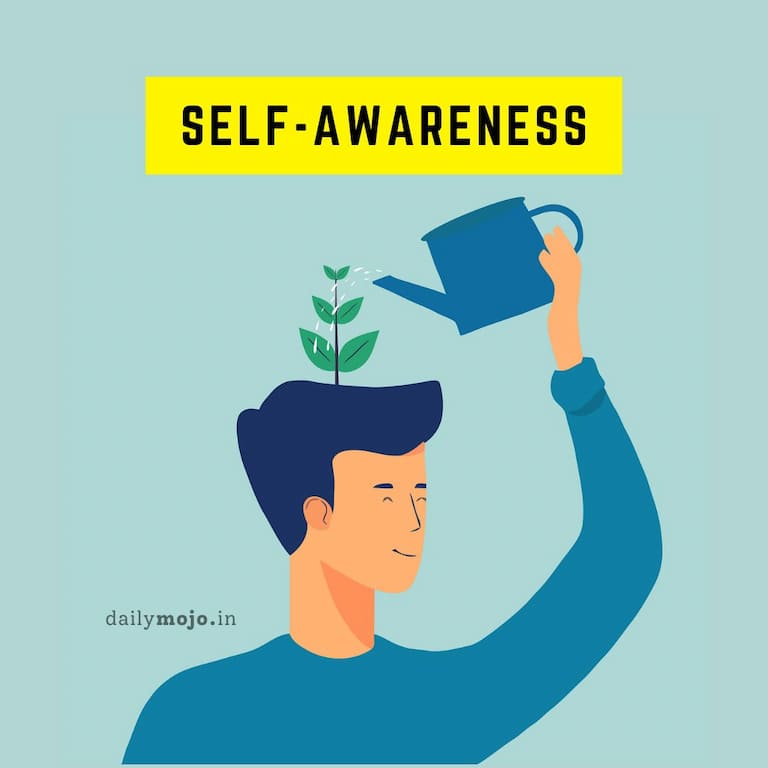
Understanding your strengths, weaknesses, and emotions is key to personal growth. Self-awareness helps you recognize your motivations, manage your reactions, and set realistic goals. As a student, being self-aware allows you to focus on areas that need improvement and leverage your strengths to achieve success.
Pro Tip: Keep a daily journal to reflect on your thoughts, emotions, and actions. Over time, this will help you better understand yourself.
5. Problem-Solving

Life is full of challenges, and your ability to solve problems effectively determines how well you overcome them. Problem-solving involves identifying issues, generating solutions, and implementing them. Students who excel in this skill are better prepared to tackle academic challenges, interpersonal conflicts, and unexpected obstacles in life.
Pro Tip: Break down complex problems into smaller, manageable steps. Focus on solving one part at a time to avoid feeling overwhelmed.
6. Time Management

Time is a limited resource, and managing it wisely is crucial for success. Time management involves prioritizing tasks, setting deadlines, and avoiding procrastination. For students, mastering this skill ensures that you balance your academic responsibilities with extracurricular activities, hobbies, and social life.
Pro Tip: Use a planner or digital calendar to schedule your tasks. Prioritize them based on importance and deadlines to stay organized.
7. Resilience
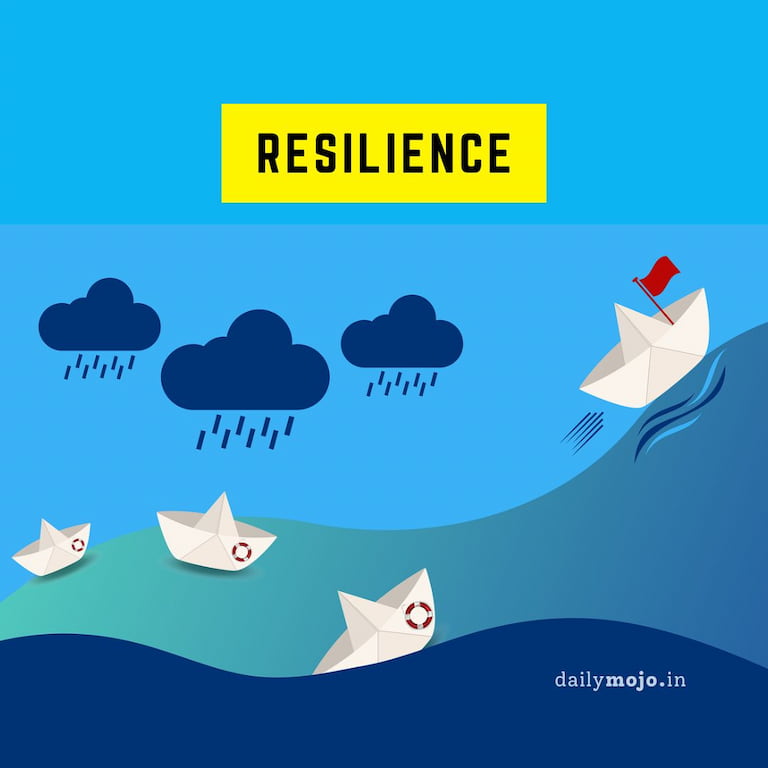
Resilience is the ability to bounce back from setbacks and keep moving forward. It’s about maintaining a positive attitude in the face of adversity and not giving up when things get tough. Developing resilience as a student helps you handle academic pressures, personal challenges, and future career obstacles with grace and determination.
Pro Tip: When facing setbacks, remind yourself of past challenges you’ve overcome. This reinforces your ability to bounce back.
8. Creativity

Creativity is not just about artistic expression; it’s about thinking outside the box and coming up with innovative solutions. Students who nurture their creativity are more likely to excel in problem-solving, adapt to new situations, and stand out in competitive environments.
Pro Tip: Set aside time for brainstorming sessions. Allow yourself to think freely without judgment, which can spark innovative ideas.
9. Stress Management

Stress is a part of life, but managing it effectively is what sets successful people apart. Stress management involves recognizing stress triggers, practicing relaxation techniques, and maintaining a healthy work-life balance. As a student, learning to manage stress will improve your academic performance and overall well-being.
Pro Tip: Incorporate relaxation techniques like deep breathing or meditation into your daily routine to manage stress effectively.
10. Adaptability
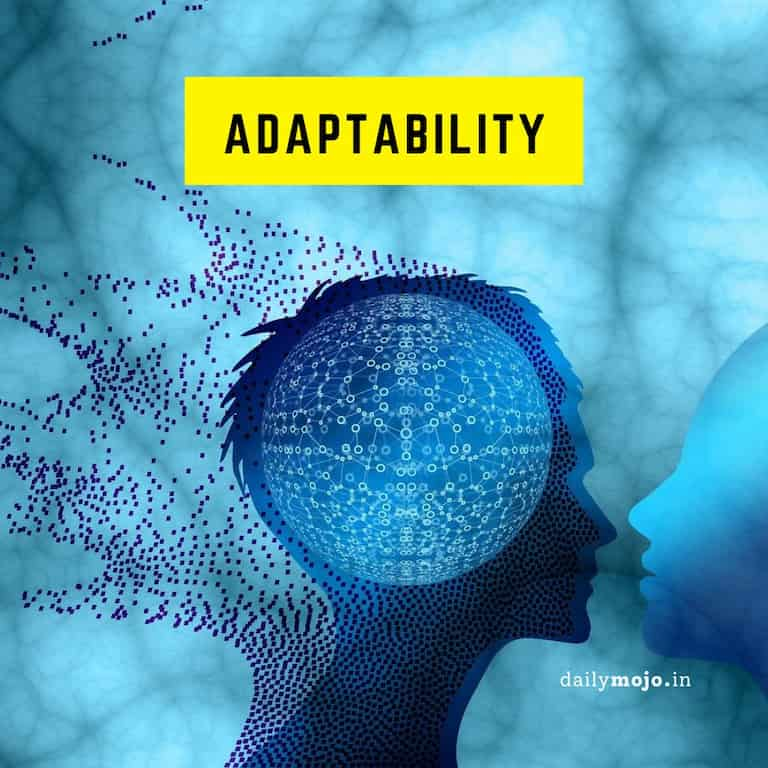
In a constantly changing world, adaptability is essential. Being open to new ideas, willing to learn, and able to adjust to different situations are qualities that will serve you well throughout life. Students who are adaptable are more likely to thrive in diverse environments and seize opportunities as they arise.
Pro Tip: Embrace change by stepping out of your comfort zone regularly. Try new activities or explore different perspectives to build flexibility.
11. Financial Literacy

Understanding how to manage money is a critical life skill that many students overlook. Financial literacy involves budgeting, saving, investing, and making informed financial decisions. Developing this skill early will help you avoid debt, build wealth, and achieve financial independence.
Pro Tip: Start a simple budget using a notebook or an app. Track your income and expenses to gain control over your finances early on.
12. Collaboration

The ability to work effectively with others is a key component of success in both academic and professional settings. Collaboration involves teamwork, communication, and conflict resolution. As a student, honing this skill will help you succeed in group projects, build strong relationships, and prepare for future work environments.
Pro Tip: When working in a group, focus on clear communication and actively listen to others’ ideas. This fosters a collaborative environment.
13. Leadership

Leadership is not just about leading others; it’s about taking responsibility, inspiring others, and making a positive impact. Students who develop leadership skills are more likely to take initiative, motivate their peers, and create change in their communities.
Pro Tip: Take on small leadership roles, like organizing group activities or volunteering to lead a project. This helps build confidence and leadership skills.
14. Self-Discipline
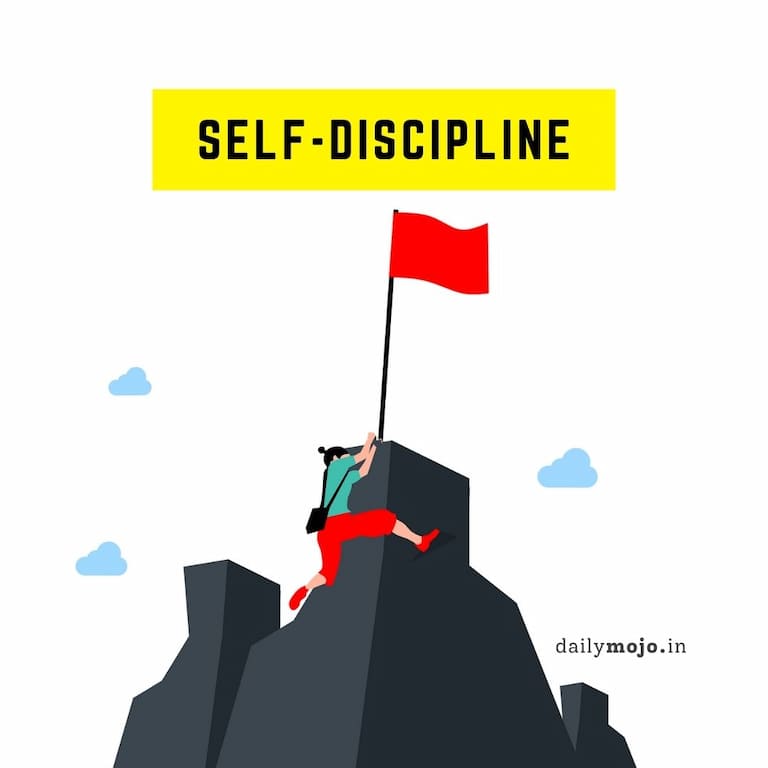
Self-discipline is the ability to control your impulses, stay focused on your goals, and persevere in the face of challenges. It’s about making choices that align with your long-term objectives, even when it’s difficult. Students who cultivate self-discipline are more likely to achieve their academic goals and succeed in life.
Pro Tip: Set specific, achievable goals and reward yourself for meeting them. This helps build self-discipline over time.
15. Empathy
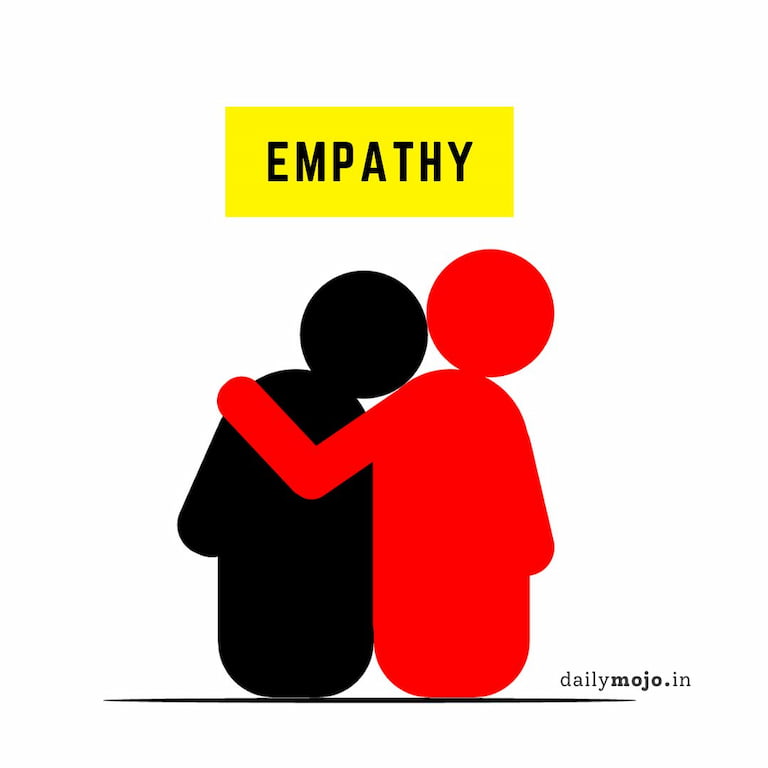
Empathy is the ability to understand and share the feelings of others. It’s a crucial skill for building strong, meaningful relationships. As a student, practising empathy will help you connect with others, resolve conflicts, and create a supportive network.
Pro Tip: Practice empathy by putting yourself in others’ shoes during conversations. Ask yourself how you would feel in their situation.
Over to You:
Life skills are the tools that help you navigate the complexities of life with confidence and purpose. By developing these 15 essential skills, you’re not just preparing for academic success; you’re building a foundation for a life that is fulfilling, successful, and meaningful. Start today, and take charge of your future!
Did you find this list helpful? Share this post with your friends and help spread the word! Let’s empower each other to build the life we’ve always dreamed of.